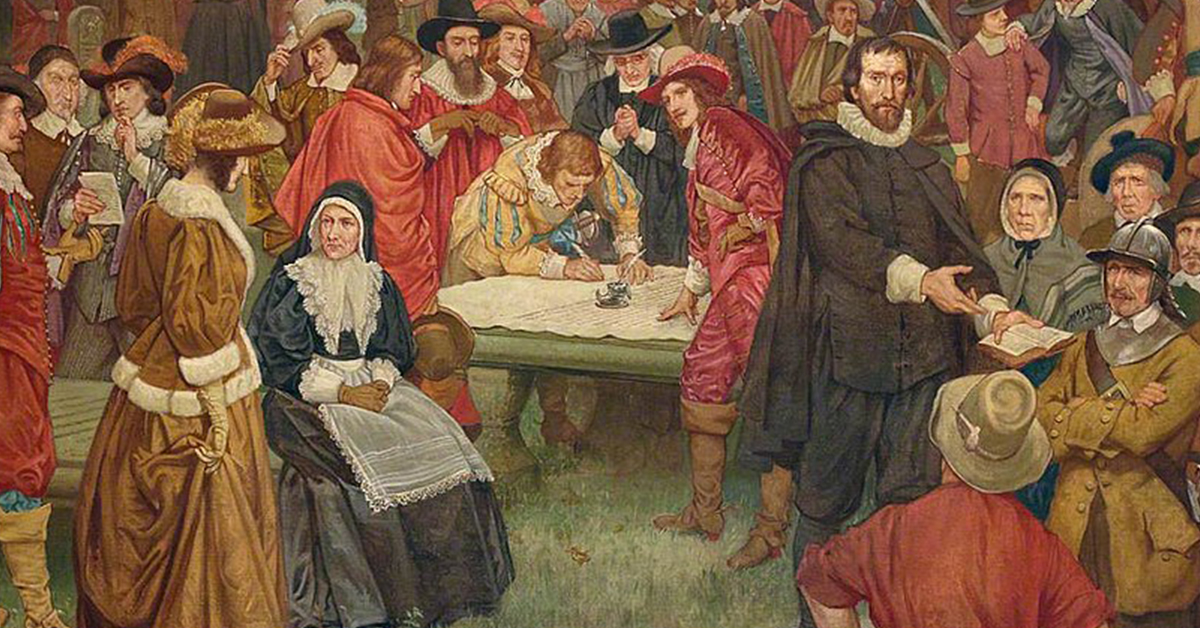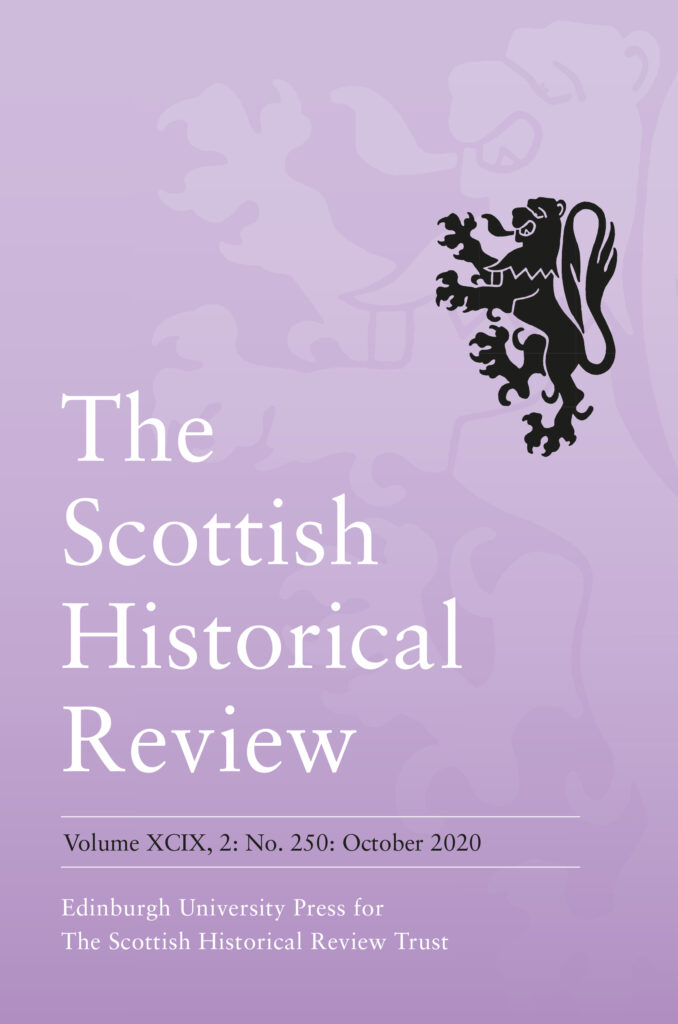
By Neil McIntyre
This month, The Scottish Historical Review publishes the first of a series of special issues that tackle key themes in Scottish History. ‘Covenants and Covenanting’ will showcase the latest research on the origins, impact and legacies of the 1638 National Covenant and 1643 Solemn League and Covenant, offering fresh perspectives on what was a truly epochal moment in the Scottish past.
While the 1320 ‘Declaration of Arbroath’ often receives greater attention in present-day discussions of Scottish consciousness and identity before the 1707 Act of Union, the Covenants arguably have the better claim to have played a more significant role in the shaping of modern Scotland. After they were first sworn and subscribed, they cast a long shadow in Scottish political, religious and literary cultures, both at home and abroad.
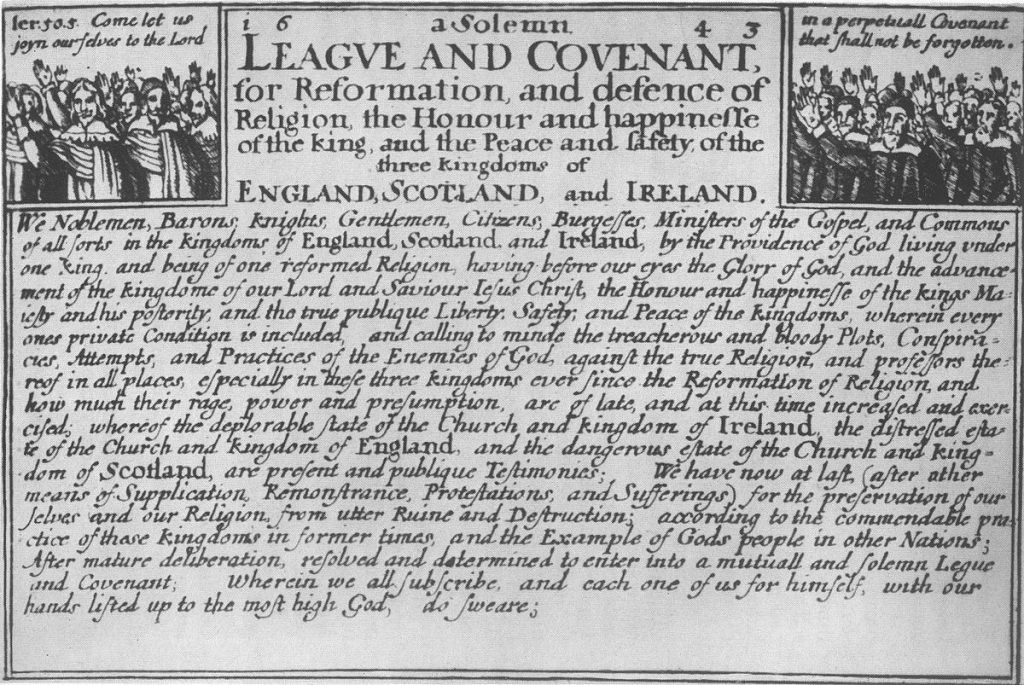
The establishment of the devolved Scottish Parliament in 1999 and the referenda of 2014 and 2016—where Scotland reconsidered its position in two multi-national unions and the level of political engagement was particularly high—have, however, given renewed impetus to covenanting studies. As the special issue makes clear, similar questions loomed large in Scots’ minds on the eve of the covenanting revolution: How should Scotland be governed? Who should have a say? And what relationships should Scotland have with other nations?
Questions of identity located in a sense of place—local or regional, Scottish, British or European—were, of course, not far behind.
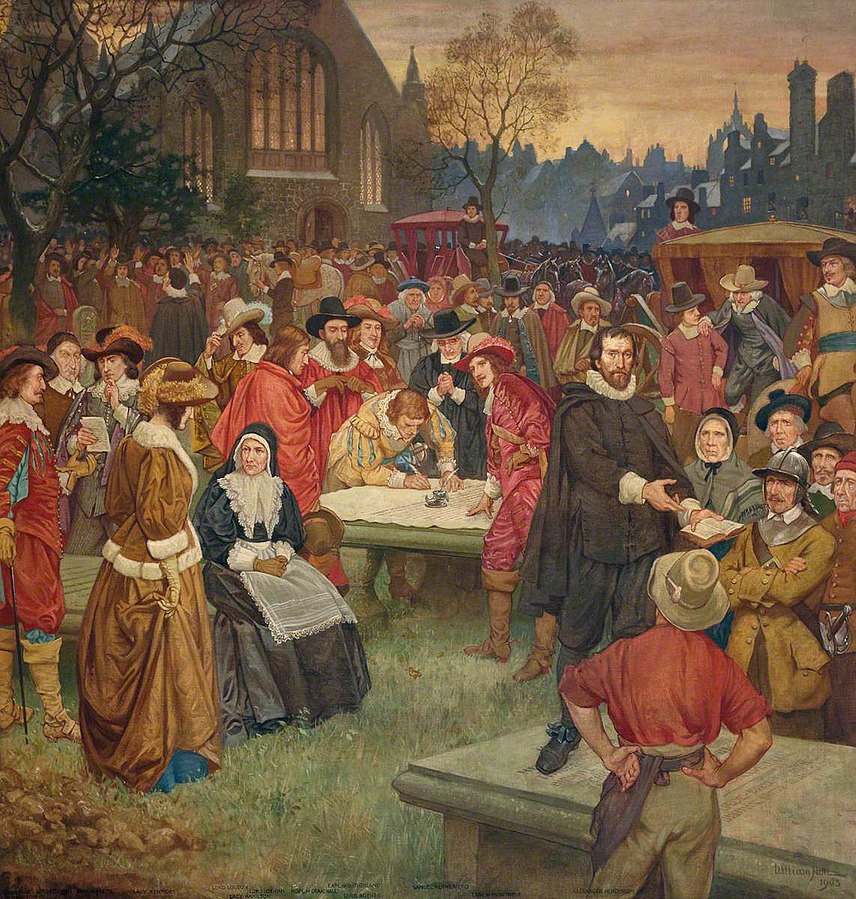
Against this political backdrop, there has been a surge in scholarship on the Covenants in the past decade. A notable feature of this work has been its shift away from high politics and denominational religious histories and greater sensitivity to the intellectual, social and cultural dynamics of covenanting. It has increasingly emphasised the extent (and limits) of popular political participation, the flexibility of covenanting ideology and the fluidity of political and religious identities. Above all, covenanting is revealed to be an unstable and contested process that was not easily controlled by institutions or elites.
In the special issue, Jane Dawson analyses the various strands of covenant ideas that emerged in the later sixteenth century as well as the actions and gestures that accompanied the emotional ritual of vow making. Jamie McDougall and Michelle Brock then dig deep into Scotland’s church and town council records to explore the reception of the Covenants at the local level, with McDougall uncovering a wide range of responses and Brock shedding new light on Ayr as a covenanted community under Cromwellian occupation in the 1650s. My own contribution considers the role of conventicles as a vehicle for popular political opposition after the covenanting revolution was dismantled by the Restoration constitutional settlement in 1661–2.
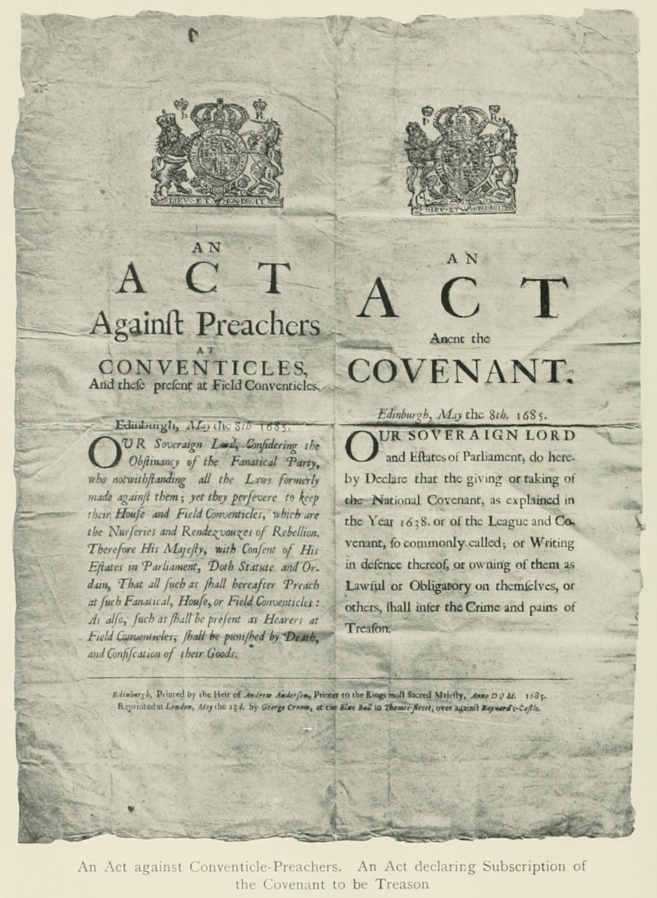
Perspectives are also offered from beyond Scotland’s borders: Scott Spurlock assesses the impact and legacy of the Solemn League and Covenant in the plantation of Ulster; Esther Mijers uncovers intellectual connections between Covenanters and Dutch Reformed theologians in the seventeenth century; and Craig Gallagher traces the afterlife of the Covenants in commercial and political networking in colonial North America.
To celebrate the release of the first special issue, my ‘Preface: Experiencing the Covenant at Home and Abroad’ will be free to access until April 2021. We hope this collection will inspire further research into what remains a critical period in early modern Scottish, British and European history.
The Scottish Historical Review is the premier journal in the field of Scottish historical studies, covering all periods of Scottish history from the early to the modern, encouraging a variety of historical approaches, with articles written by leading scholars and Scottish historians. Find out how to subscribe, or recommend to your library.


